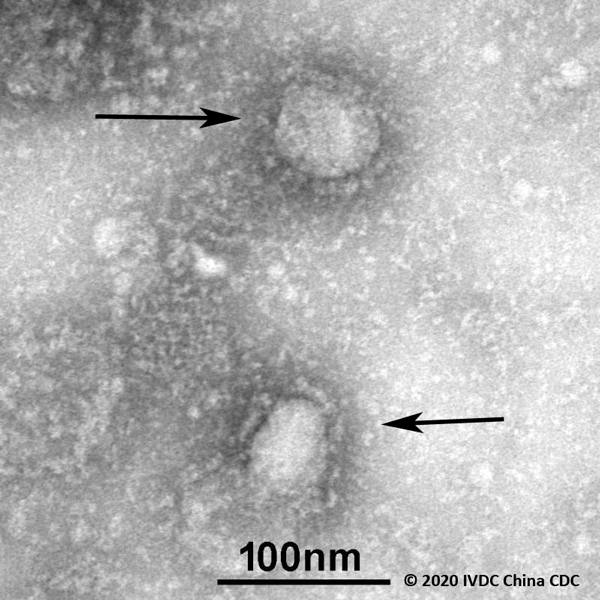Older people with age-related health conditions such as high blood pressure or diabetes are most vulnerable to coronavirus, said an official at the US Centers for Disease Control and Prevention (CDC) Monday.
With diminishing immune levels, the older people, aged above 60, are likely at risk of catching the novel coronavirus, said Nancy Messonnier, director of the CDC's National Center for Immunization and Respiratory Diseases. "As the trajectory of the outbreak continues, many people in the U.S. will at some point in time this year or next be exposed to this virus, and there's a good chance many will become sick," she said.

Citing the global data, she said those aged below 60 in Japan and South Korea showed better resistence compared to those aged above 60, if they catch the virus. Among those aged 60, the higher risk groups consisted of those with underlying health conditions such as diabetes, heart disease or lung disease, Messonnier said.
Stick to your homes
Recommending older people to stick to their homes in view of the fast spreading coronavirus, she said, "I think if you're in one of those groups, separately or together, you need to be thinking towards what personal protections you want to take."
The CDC has issued new guidance that older people with underlying health conditions should avoid crowded places, long plane trips and cruise ships. According to Johns Hopkins University, there are more than 600 cases of COVID-19 in the US with at least 22 deaths.

So far, the US government has announced an allocation of US$8.3 billion to fight the coronavirus, and more than $3 billion will go to the CDC, the National Institutes of Health and the Food and Drug Administration for research on diagnostics, therapeutics and vaccines.
What makes coronavirus so contagious
Scientists have found a protein on the surface of the SARS-CoV-2 coronavirus might explain why it infects human cells like a 'spike'. The virus has the potential to attack multiple organs as the spike protein binds to a particular receptor on human cells — angiotensin-converting enzyme 2 (ACE2).









